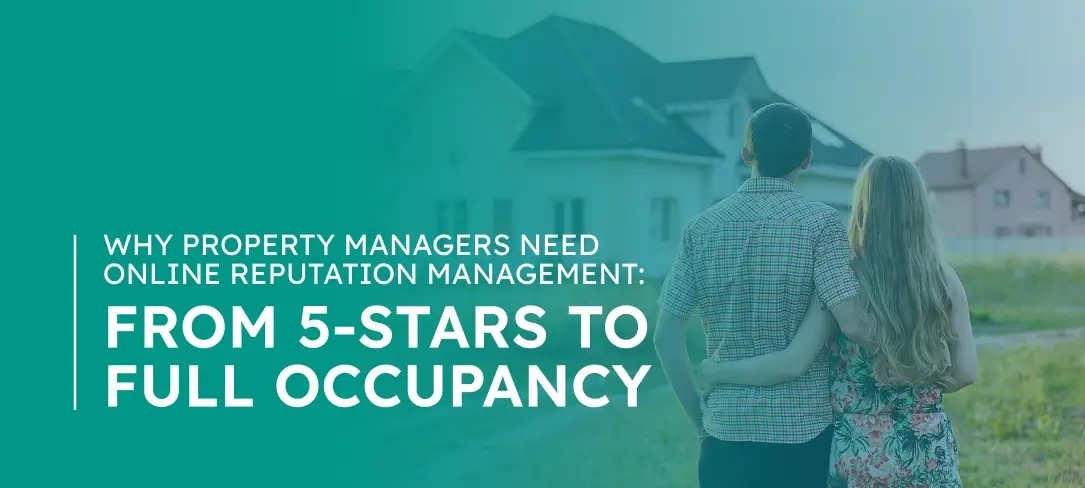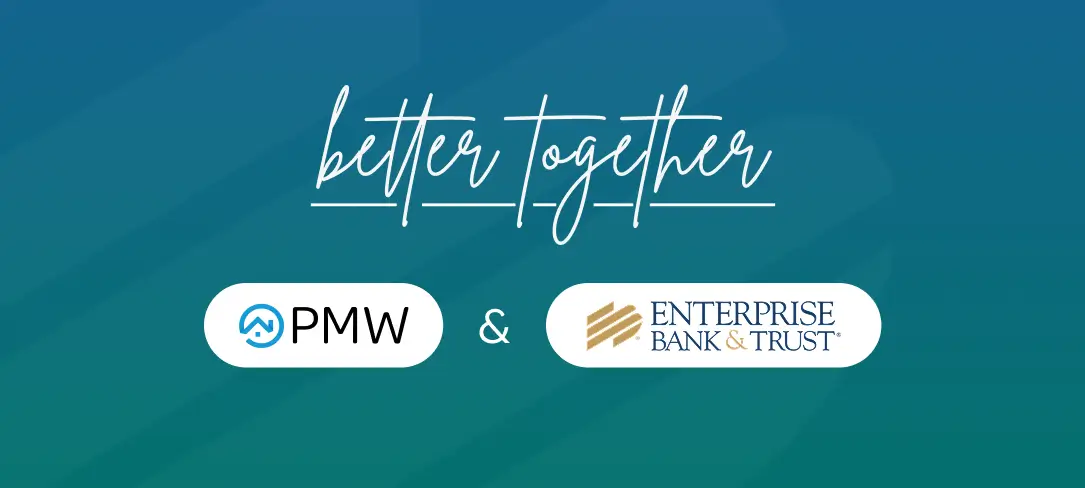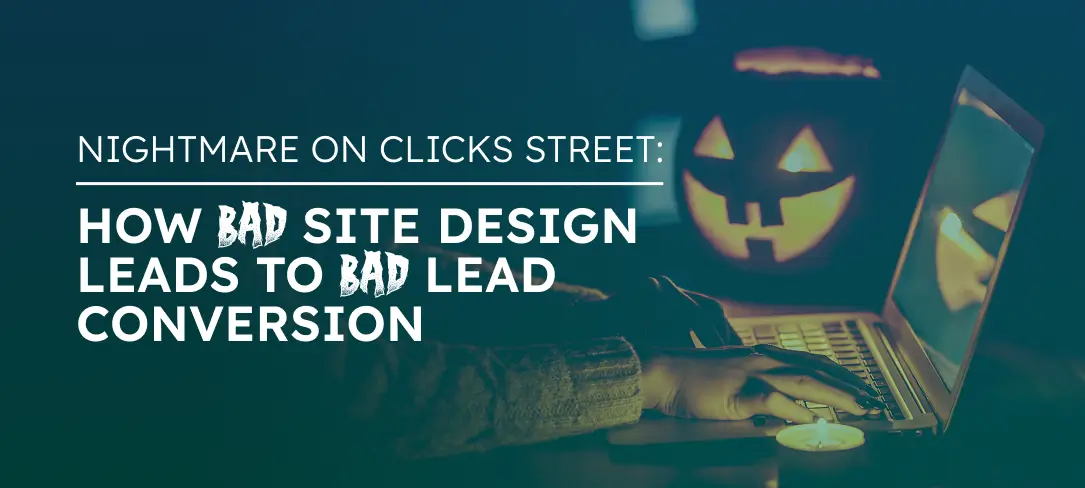Every property manager wants full occupancy, but few realize how much their online reputation drives it. Before a renter ever tours a property, they’ve likely read reviews, checked social media, and searched Google for signs of professionalism and trust. Those quick digital impressions can make or break leasing decisions.
Reputation management isn’t just about getting five stars. It’s about building credibility, consistency, and confidence with renters and owners alike. In today’s market, your digital reputation is your brand, and it’s often the deciding factor between a lead that converts and one that walks away.
Key Takeaways
Online reputation directly impacts occupancy rates and lead generation
Reviews shape how renters and owners perceive your professionalism
Search rankings are influenced by star ratings and response activity
A proactive reputation strategy builds long-term trust and visibility
PMW offers integrated tools that simplify review management for property managers
The Connection Between Online Reputation and Occupancy
Think of your reputation as the new curb appeal. Even if your properties are spotless and well-managed, potential tenants will look online first. When they see consistent five-star feedback, they assume your team is responsive, organized, and trustworthy. When they see a mix of unaddressed negative reviews or outdated comments, they move on.
A strong online reputation doesn’t just attract tenants, it helps you retain them. Satisfied residents are more likely to renew their leases, refer friends, and speak positively about your management team. That cycle of trust creates the stability every property manager wants: steady occupancy and reliable income.
How Today’s Renters Make Decisions
Modern renters are digital-first consumers. They don’t just rely on word-of-mouth or drive-by impressions anymore. Before contacting your office, they’ve already formed an opinion based on your Google Business Profile, Yelp rating, or Facebook reviews.
Research shows that over 85% of renters read online reviews before touring a property. And for most, a difference of even one star in your rating can sway their decision. They want transparency, professionalism, and reassurance that their experience will match the reputation you’ve built online.
Why Reputation Management Is Modern Marketing
Online reputation management is no longer a side task; it’s marketing in motion. The content your tenants and owners publish through reviews helps Google understand who you are and how you serve your clients.
Consistent positive reviews improve your search visibility, especially in local results where people are searching for “property management near me.” They also strengthen your credibility with owners who are deciding where to entrust their investment properties.
PMW’s reputation management tools make this process easy. With built-in automation, property managers can request, monitor, and respond to reviews all from one dashboard. It keeps your brand consistent and helps maintain that crucial connection with both owners and tenants.
Turning Negative Feedback Into Growth Opportunities
No one likes negative reviews, but they’re inevitable. What matters most is how you respond. When a renter leaves a complaint about maintenance or communication, a thoughtful, professional reply can do more for your image than the review itself.
A simple acknowledgment and a promise to resolve the issue show accountability and care. Even prospective tenants notice that. They don’t expect perfection—they expect honesty and effort. Publicly addressing concerns demonstrates that your team listens and acts, which helps future renters and owners feel confident in your management approach.
The Cost of Ignoring Reputation
Ignoring your online presence is one of the biggest risks for any property manager. Unmonitored reviews can pile up, inaccurate information can spread, and potential clients may draw conclusions that aren’t accurate.
Inconsistent or outdated profiles send a message of neglect. And when renters can’t find current information or see unanswered complaints, they assume the same lack of attention might apply to their tenancy. The result? Lower inquiry rates, longer vacancies, and fewer owner referrals.
Managing your reputation consistently keeps you in control of the narrative and prevents small issues from turning into long-term perception problems.
Building a Proactive Reputation Strategy
A proactive approach means shaping your reputation before it shapes you. This involves building habits and systems that keep feedback flowing and engagement consistent.
A few effective tactics include:
Sending automated review requests after move-ins, maintenance visits, or renewals
Following up personally with satisfied tenants to encourage feedback
Responding promptly to every review, positive or negative
Monitoring your Google and Yelp pages weekly
PMW’s reputation tools help property managers automate these steps, saving time while ensuring every touchpoint stays polished and professional.
Empowering Your Team to Protect the Brand
Every staff interaction influences your online image. From maintenance calls to leasing tours, tenants remember how they were treated—and they share those impressions publicly.
Encourage your team to take ownership of the brand experience. Train them to communicate clearly, resolve issues quickly, and show empathy in every interaction. When your internal culture aligns with your external reputation, it creates the consistency that drives trust and long-term loyalty.
Leveraging Positive Reviews Across Marketing Channels
Positive reviews are powerful marketing assets. Don’t let them live only on Google. Share them strategically to build trust across multiple platforms.
Embed recent five-star reviews on your website to strengthen your credibility. Highlight testimonials in newsletters or owner reports. Share quotes or screenshots on social media to show real feedback from real residents. Every time you showcase that social proof, you reinforce confidence in your services and attract both quality tenants and potential property owners.
FAQs
Why does online reputation matter so much for property managers?
Because renters and owners use reviews to decide who to trust. A strong reputation increases leads, improves retention, and keeps properties full.
How often should I respond to reviews?
Ideally, within 24–48 hours. Quick, professional responses show attentiveness and care.
Can negative reviews hurt my SEO ranking?
Not if you respond properly. Google rewards engagement and transparency more than perfection.
How can PMW help me manage reviews more easily?
PMW’s integrated reputation tools help collect, monitor, and display reviews automatically—saving time and ensuring consistent visibility across platforms.
Measuring ROI and Long-Term Impact
Online reputation management isn’t a one-time task; it’s a long-term investment that compounds over time. Every positive review improves trust and visibility, which translates into measurable business outcomes.
A single star increase on Google can boost your conversion rates, help you retain tenants longer, and even lower your marketing spend by generating more organic inquiries. In a business where perception drives performance, reputation is one of the few marketing efforts with both immediate and lasting returns.
Conclusion
Your reputation is your most valuable asset. It shapes first impressions, influences decisions, and determines how fast you fill vacancies. By managing it strategically, you can turn online visibility into lasting growth and community trust.
Ready to turn your online reputation into full occupancy?
PMW’s advanced marketing tools make it simple to collect, monitor, and promote 5-star reviews that attract both renters and property owners.







